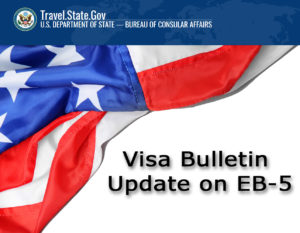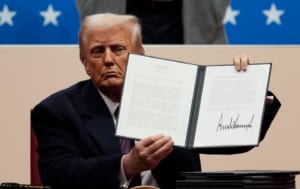 AILA’s Department of State Liaison Committee provides monthly “check-ins” with Charlie Oppenheim, designed to keep members informed of Visa Bulletin progress and to obtain his analysis of current trends and future projections, beyond the basic visa availability updates provided in the monthly Visa Bulletin.
AILA’s Department of State Liaison Committee provides monthly “check-ins” with Charlie Oppenheim, designed to keep members informed of Visa Bulletin progress and to obtain his analysis of current trends and future projections, beyond the basic visa availability updates provided in the monthly Visa Bulletin.
The content for this month’s column is taken from presentations delivered by Charlie at the 2019 Federal Bar Association Immigration Law Conference which took place from May 17 – May 18, 2019, in Austin, Texas.
EB-5 numbers historically were processed primarily in China through FY-2017. Now that there is a Final Action date for EB-5 China, people who otherwise would have used this category are tapping into other markets. The Final Action Date for EB-5 China is likely to hold through August 2019. EB-5 Vietnam and EB-5 India will reach their per country limits in July 2019. The October 1, 2016 Final Action Date for EB-5 Vietnam will hold through July 2019 and then share the same date as EB-5 China for the rest of FY19. In July 2019, EB-5 India will have a Final Action Date in 2017 and will then also share the same date as EB-5 China in August 2019 and September 2019.
If you are considering immigrating to the U.S. via the EB-5 immigrant investor visa, this is our specialty. Contact David Enterline at david@enterlinepartners.com








